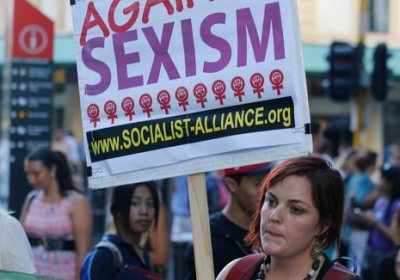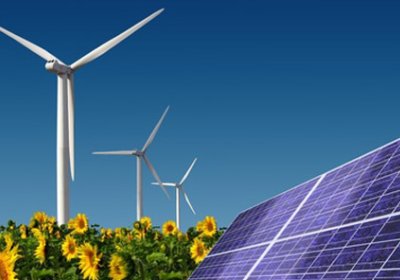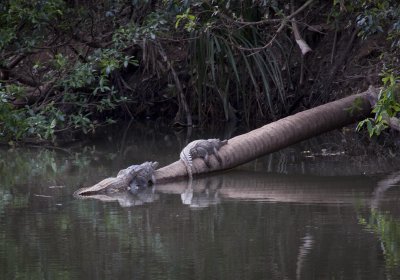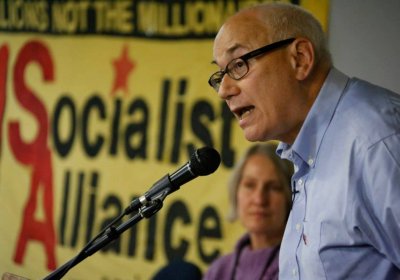Women are facing a global health epidemic according to the World Health Organization (WHO). A report by WHO released on June 20 has found one in three women worldwide has experienced physical or sexual violence.
While acknowledging that violence against women is nothing new, the report says the situation is a “fundamental violation of women’s human rights”.
Australia
I want to talk about a campaign we should abandon. We should stop saying yes to a price on carbon.
At the launch of last year’s Climate Summit, I argued that carbon pricing — the notion that we can best reduce pollution by extending private property rights to pollution — had a fatal flaw at its core. Prices can never reflect true ecological values because those values simply cannot be expressed in dollar terms.
US activist Ben Silverman recently wrote a short essay titled “What next for the US climate movement?”
Taxi drivers at Melbourne airport have started a hunger strike in protest at changes that will see their pay cut by up to 40%.
The Australian said on June 11 that drivers rallied against "a new fares system implemented at the airport earlier this year, which sometimes sees them wait two hours for a fare of less than $10."
Previously drivers could skip the general queue after returning to the airport after a short fare, but this queue has now been axed. As drivers are paid based on fares collected, rather than a fixed wage, this amounts to a pay cut for drivers.
About 90 people attended the launch of a new book by Labor for Refugees titled Alternatives to offshore processing on June 17.
Representatives from the Environment Centre NT (ECNT) and the Amateur Fishermen’s Association of the NT (AFANT) travelled to Mataranka on June 13 to host a public meeting about water allocations in the region.
The Country Liberal Party government has made changes to the allocation process, which threatens the Roper River region’s environment, as well as pastoral and Indigenous interests.
Markets are neither free nor efficient, and they are bad for the environment. Market choice is not cheap. While that may sound like a timeless left-wing credo, it's also a simple assessment of Australia's 20 years of privatisation and market-oriented restructure of electricity supply.
Outside small left-wing dissident circles (from Keynesians to Marxists), operating the power industry according to market principles has become an unquestioned and unspoken assumption.
A two-day seminar, "Organising for 21st century socialism", drew 150 people from around Australia to Sydney over June 8-9.
The seminar hosted US author and socialist activist Paul Le Blanc. Le Blanc is the author of Lenin and the Revolutionary Party and A Short History of the US Working Class, and spoke at the conference on the topic “Lessons from Lenin for 21st century socialism”. The talk prompted constructive debate about how to organise a socialist party in Australia today.
The September election is approaching and the Socialist Alliance needs the financial help of members and supporters to run an effective election campaign.
This is even more essential this federal election since the two big parties have made it harder for socialists and progressive, single-issue parties to stand, by doubling the fees required for candidates to nominate.
About 250 people, mainly from the Turkish and Kurdish communities, held a protest in Melbourne’s Federation Square on June 10 in solidarity with protesters in Taksim Square and Gezi Park, Istanbul, who have come under intense repression from the Turkish state.
The rally was organised by the Melbourne Taksim Platform, a coalition consisting of the Anatolian Cultural Centre, the Australian Alevi Council and the Australian Turkish Cultural Association. The rally was also supported by the Kurdish Association of Victoria.
A new website has published the biggest set of immigration detention records in Australia to date. It will provide unprecedented verification of the endemic self-harm and psychiatric crises that refugee rights campaigners have independently reported for years.
The Australian Rail Track Corporation (ARTC) and Brisbane-based consultant Katestone have come under fire for releasing a report, on coal train dust in the Hunter Valley, that appeared to have been doctored.
The ARTC is a federal-owned corporation and leases rail track from the NSW government. It is in charge of most rail track other than dedicated inner city passenger rail corridors, including rail tracks that deal mainly in freight and commodity haulage.
- Previous page
- Page 652
- Next page











